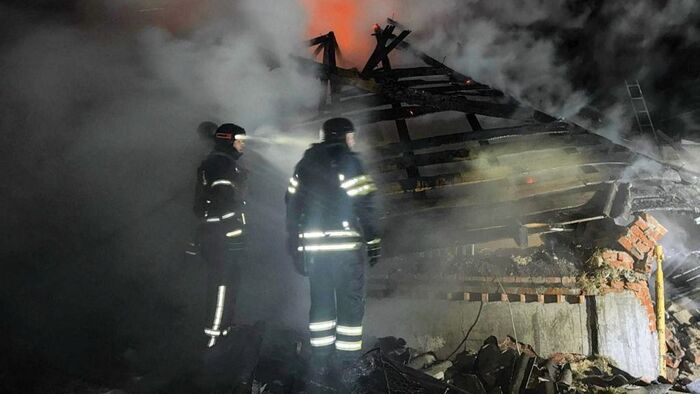The effects of the armed conflict in the Middle East are already being felt in global markets, but the most serious consequences may still be ahead. According to Oliver Hortay, the impact of the war on the oil market "primarily depends on how much the fighting affects — or is perceived by market players to potentially affect — the oil supply."

As he noted, the price of Brent crude oil rose from $70 to $78 per barrel at the very start of the war, even though at that point only the geopolitical risk had increased.
If these risks become reality, the market may respond even more sensitively,
he warned.
The greatest threat is the potential closure of the Strait of Hormuz, one of the world’s most crucial maritime oil trade routes.
About one-fifth of the global oil supply passes through this route. If Iran blocks shipping traffic there, prices could easily jump above $100,
Oliver Hortay pointed out.

In addition, further risks could arise from Israeli strikes against Iranian oil infrastructure, or if the conflict spreads to other key oil-producing countries such as Saudi Arabia or Iraq. According to the expert, oil prices will depend on whether these threats remain only potential risks or actually materialize.
The Conflict Will Also Affect Hungary
Although Hungary relies more heavily on Russian crude oil, it cannot avoid the effects of global price shocks. Oliver Hortay pointed out that
even though Hungary’s supply is typically of Russian origin, global market movements still influence these purchases, because pricing is not independent.
Moreover, LNG shipments from the Middle East — particularly Qatar — play a significant role in the European Union’s gas supply. If these shipments were to be disrupted or become uncertain, natural gas prices could rise further on global exchanges.























Szóljon hozzá!
Jelenleg csak a hozzászólások egy kis részét látja. Hozzászóláshoz és a további kommentek megtekintéséhez lépjen be, vagy regisztráljon!